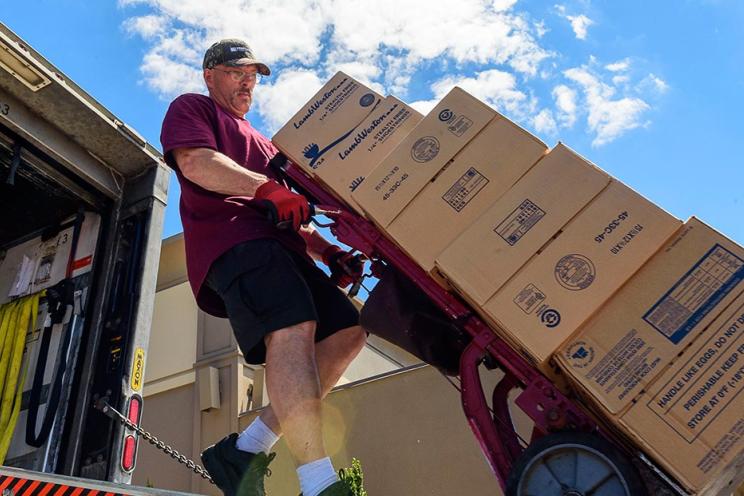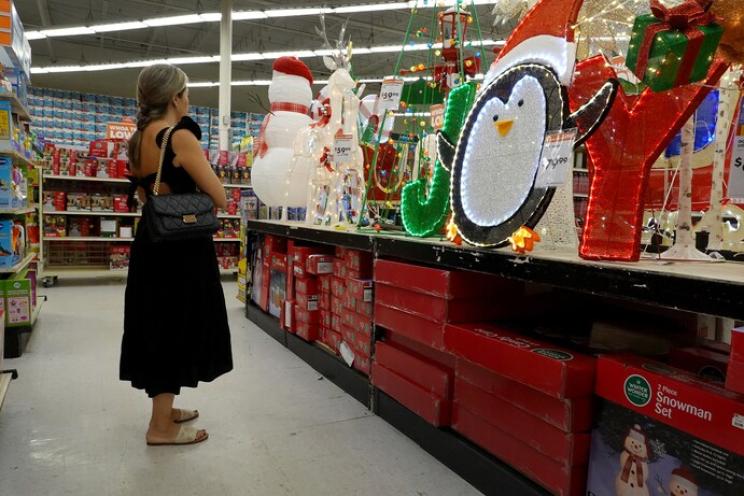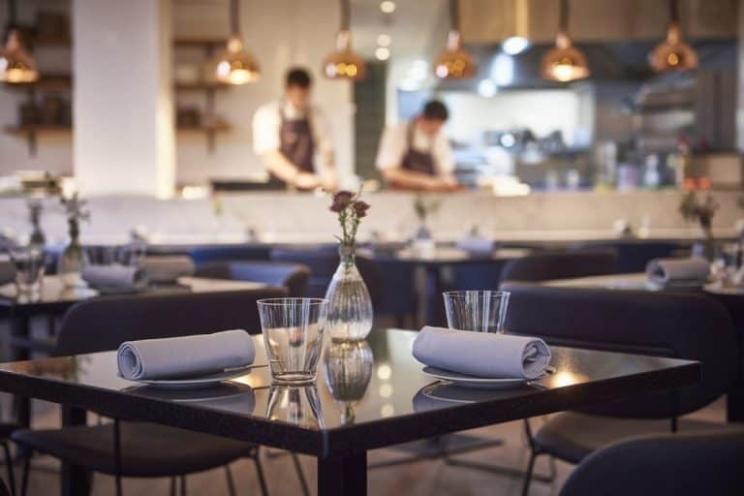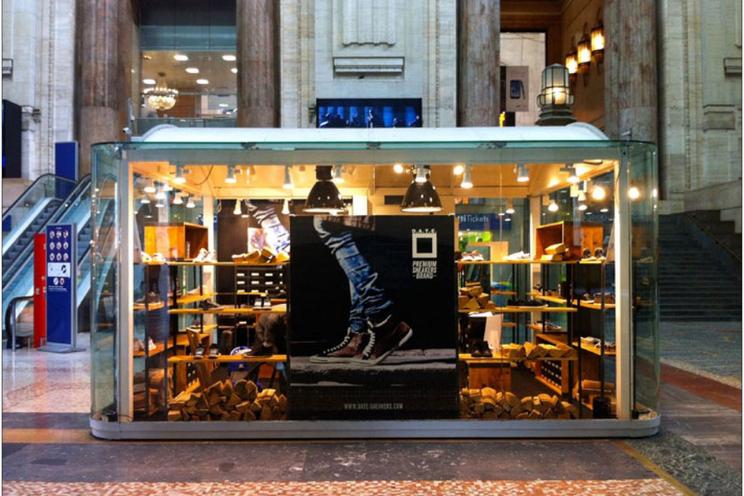
How can automation help you through labor shortage and increased costs?
Supplies’ prices are increasing in the restaurant sector. Inflation is a big and serious issue for restaurant operators.
Operating costs are generally high while restaurateurs aim to maintain the same good quality of their served food and the same customer service, not to mention the labor shortage the sector encounters due to several reasons.
You might find trouble finding new staff but you might also choose to reduce overhead to reduce your costs.
Knowing that labor cost can achieve 30% to 40% depending on the style of restaurant you operate, you would want to look for innovative ways to reduce these costs.
Of course, you own the conventional and proven ways to reduce your operating costs, but what about automation that enables you to efficiently manage your operations and reduce costs?
Automation doesn’t mean replacing people with machines. It means relying on digital technology to improve services and management.
How can automation help you with labor cost and shortage and overall operating costs?
QR code menus
QR code menus are digital menus that customers can check from their mobile devices without the installation of any application.
It allows customers to scan a QR code and browse the menu that has all the descriptions and details about prices and ingredients.
QR menus save work on waiters since customers no longer need their assistance with the menu so waiters save trips to tables meaning 3 important things:
First, waiters can invest their time in serving customers in a more efficient way by responding to their questions or concerns and making personalized recommendations that satisfy their taste.
Second, you need less staff at your restaurant because servers don’t need to make as many trips as they used to do.
Third, QR code menus speed up the service meaning that the table turnover becomes higher generating more revenues to your pocket.
Self-ordering Kiosks
The self-ordering kiosks or self-checkout kiosks resemble a huge mobile screen that customers can use to order their food without any human intervention. It displays all the menu and add-ons and guides customers through the whole ordering process in a detailed and clear manner.
They’re mostly used in quick service restaurants or fast casual restaurants to process orders quickly and to decrease wait times during rush hours.
McDonald’s has experienced a decrease in costs after using the SOK in its outlets while increasing check size.
Self-ordering kiosks enable you to process more orders without hiring additional staff or at least maintain the same order capacity with less employees.
Employees can focus on other duties for more efficient operations.
Order status screen
The OSS displays customer’s orders on a screen showing them when their order is complete and ready to be served. It simply shows them the status of their orders to know when to approach the counter to pick them up instead of wandering around the restaurant for their orders.
Once again the order status screen saves employees time enabling them to focus on different duties more efficiently which results in saving you operational costs in the long run.
Customer facing display
The customer facing display is a digital screen that displays orders for customers eliminating errors, speeding up ordering process and enhancing the customer’s dining experience.
Staff can hence spend less time fixing errors and reduce the overall ordering process time that requires interaction with your employees.
The result is an increased efficiency and decreased costs and more processed orders.
In addition to the front of the house automation tools, there are the back office tools that reduce your costs and enable you to run your restaurant more efficiently especially during labor shortage.
The kitchen display system, the online ordering & delivery, the inventory management system and the restaurant reservation feature are all essential automation tools to enhance your services, lower your operating costs and get you through labor shortage periods.
While technology at restaurants is still debatable, it’s proving its necessity in the hospitality sector due to the several advantages it is offering to restaurants.





